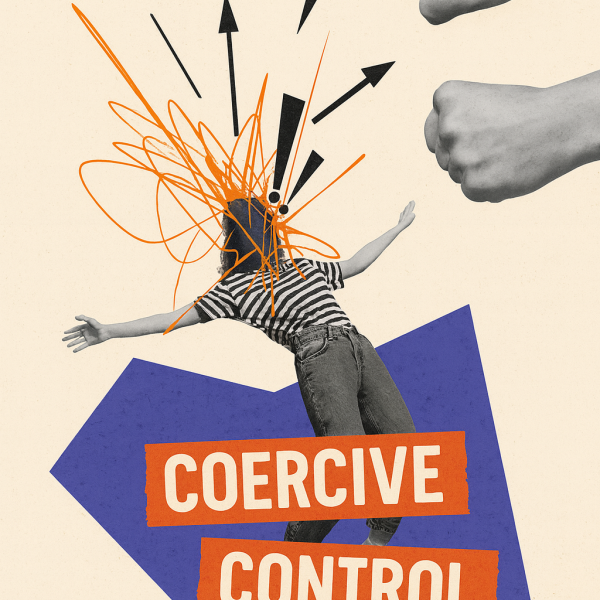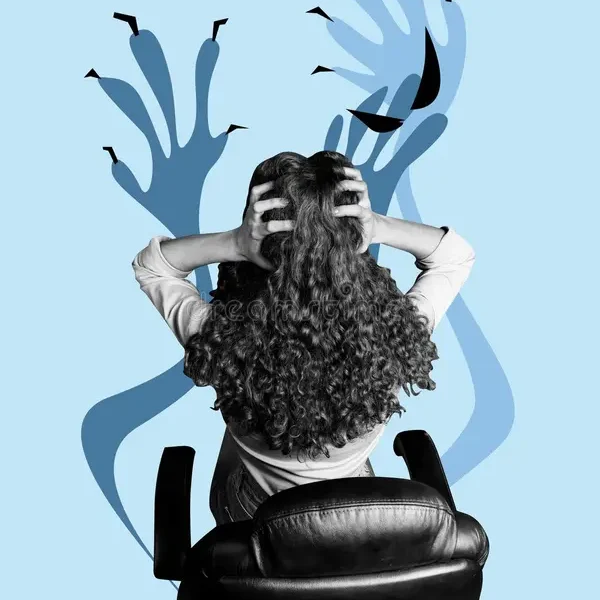Bullying isn’t just an interaction — it’s an experience that can shape a person’s inner world for years. Victims of bullying often carry invisible wounds that affect how they think, feel, and connect with others long after the bullying has stopped. The connection between bullying and mental health is well-documented — and deeply concerning.
This page explores the emotional toll of bullying across all settings, backed by recent data and lived experiences.


Coercive control is a subtle yet devastating form of abuse that often overlaps with bullying. It relies on repetition, manipulation, and controlling behavior. It slowly erodes a victim’s independence, confidence, and safety.

Reactive abuse is a misunderstood yet critical concept in conversations about bullying. When victims respond defensively, often after prolonged psychological or emotional provocation, their reactions can be mistaken for mutual aggression.

Triangulation is a quiet kind of attack, but it cuts deep. Instead of facing someone directly, bullies pull in a third person to play messenger, ally, or pawn. In bullying, you see this most in relational and emotional abuse.
Bullying is often dismissed as a “normal part of growing up,” but the data tells a different story. Behind every statistic is a real person — a student, a child, a friend — who may be struggling in silence. Acknowledging the mental health impact is not just awareness. It’s prevention.
Need help? Visit our Resources page for crisis support, professional referrals, and healing tools.
Bullying can lead to significant mental health issues in children, including depression, anxiety, and suicidal thoughts. It can also result in physical symptoms like headaches and sleep disturbances.
Yes, individuals who were bullied during childhood are at an increased risk of developing psychiatric problems such as anxiety, depression, and substance abuse in adulthood.
Victims of bullying are significantly more likely to consider or attempt suicide compared to those who are not bullied. Studies indicate that bullying is a major risk factor for suicidal ideation and behavior.
Cyberbullying can lead to severe psychological effects, including depression, anxiety, and even suicidal thoughts. The anonymity and pervasive nature of online harassment can exacerbate these issues.
Yes, bullying can have long-lasting effects, including chronic depression, anxiety disorders, and post-traumatic stress disorder (PTSD). These conditions can persist well into adulthood if not addressed.